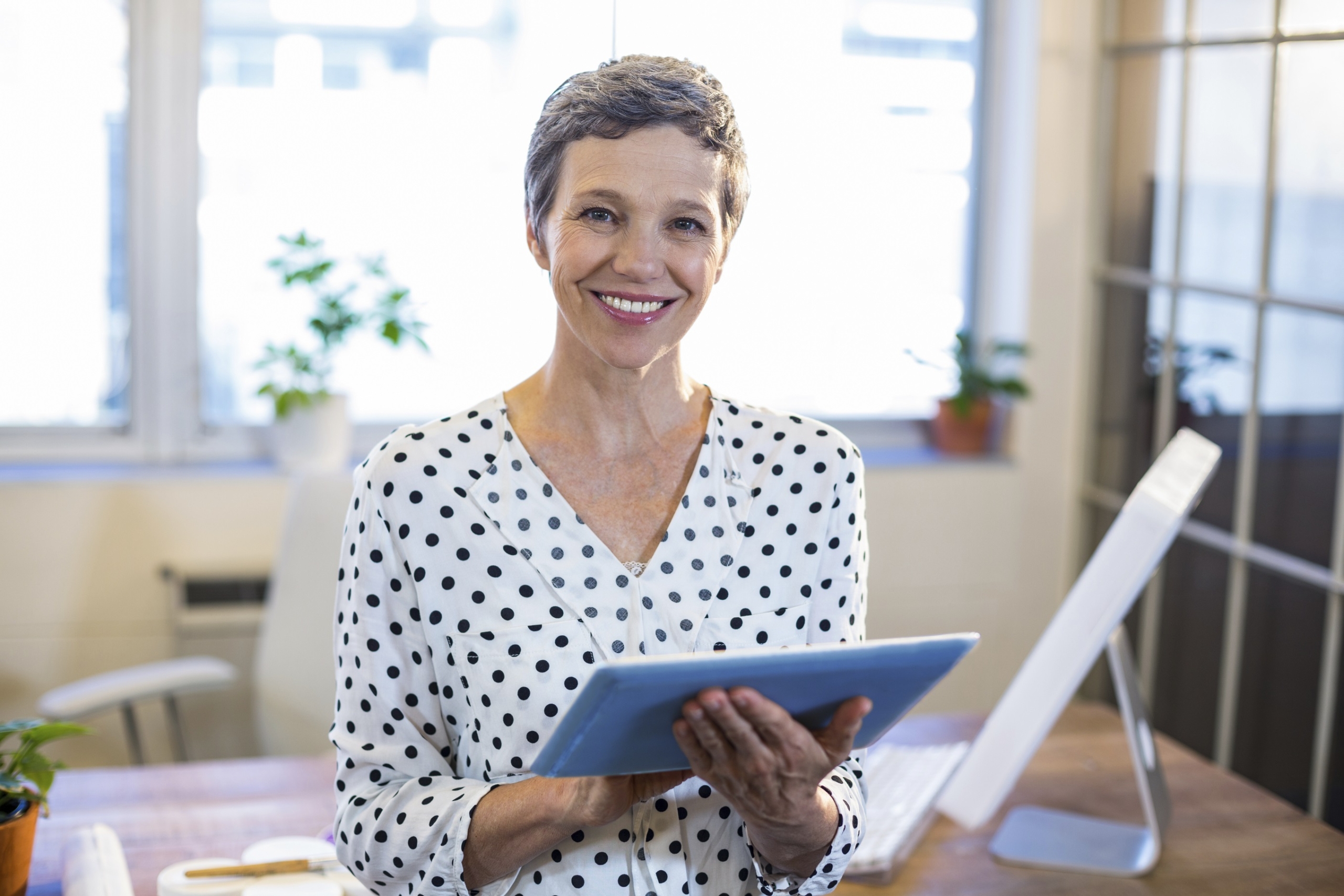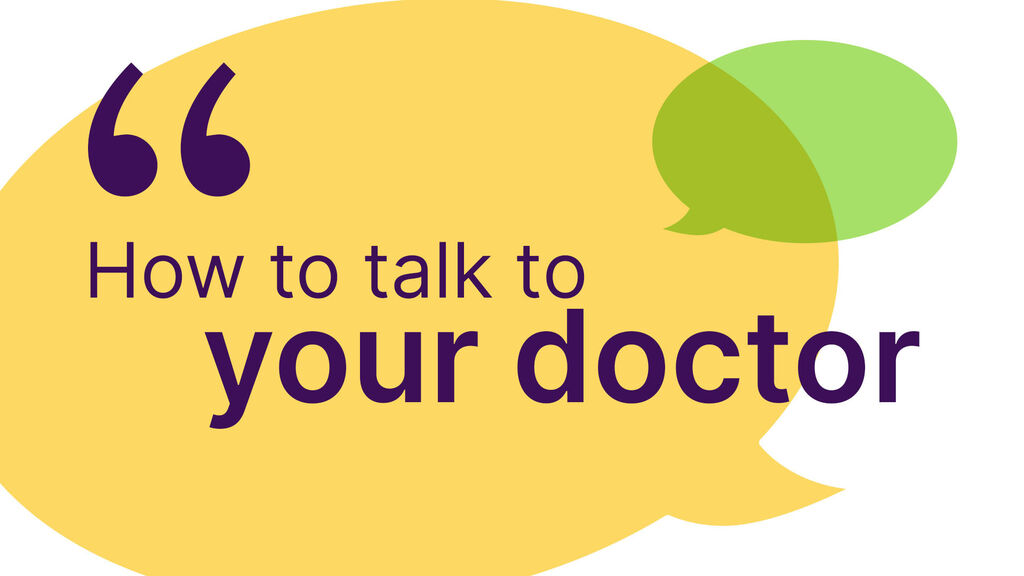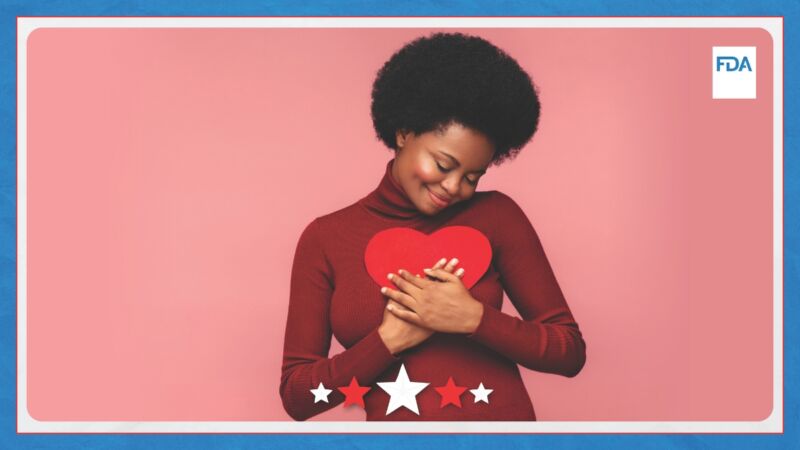“Hirsutism is where women have thick, dark hair
on their face, neck, chest, tummy,
lower back, buttocks or thighs”.1
Umbrella
What may the Hirsutism Umbrella include?
Depending on the Source (DotS) this Umbrella may include:
- Hirsutism
- Male-Pattened Hair Growth
- Ovarian Hyperthecosis
Definition
What is hirsutism?
DotS the definition of hirsutism may vary. The (United Kingdom) NHS’s definition is:
The (United States) Mayo Clinic’s definition is:
Cause
What may cause hirsutism?
In Hirsutism: What Is the Cause of Hirsutism In Women? the (United States) Cleveland Clinic explain:
- The natural production of androgens…
- Polycystic Ovary Syndrome (PCOS)…
- Postmenopause…
- Cushing’s Syndrome…
- Other conditions
- Medications…”.4
Polycystic Ovary Syndrome (PCOS)
 What is Polycystic Ovary Syndrome (PCOS)?
What is Polycystic Ovary Syndrome (PCOS)?
DotS the definition of PCOS may vary. In Polycystic Ovary Syndrome (PCOS) Fact Sheet the (Australian) Jean Hailes for Women’s Health (JH) definition is:
Postmenopause
May postmenopause be associated with increased facial hair?
The Cleveland Clinic note:
- “Postmenopause. The hormonal changes that take place in your body after menopause may lead to increased facial hair, including a mustache or whiskers”.6
Is postmenopause increased facial hair, always hirsutism?
In Excessive Hair Growth (Hirsutism): Causes of Hirsutism the NHS explain:
Treatment
How may hirsutism be treated?
In Hirsutism: Diagnosis & Treatment – Treatment the Mayo Clinic elaborate on:
For people who do need treatment or those who decide to seek treatment, it may involve:
- Treating underlying health problems
- Starting a self-care routine to remove unwanted hair
- Trying various therapies and medicines”.8
Health Care Provider
What if I think I have hirsutism?
The Cleveland Clinic explain:
 “It’s a good idea to see your healthcare provider as soon as you notice unusual hair growth. Hirsutism may be a symptom of PCOS, Cushing’s syndrome or other conditions”.9
“It’s a good idea to see your healthcare provider as soon as you notice unusual hair growth. Hirsutism may be a symptom of PCOS, Cushing’s syndrome or other conditions”.9Health Topics A-Z
Where may I find Health Topics A-Z related to Hirsutism?
In Health Topics A-Z you may find:
Links
Where may I find Links related to Hirsutism?
Your Country may have Links similar to:
Links
This Links List to third party websites is neither comprehensive nor exhaustive. Inclusion on this Links List does not imply endorsement or recommendation. Non-inclusion on this Links List does not imply non-endorsement or non-recommendation. Third party websites are not under the control of Meno Martha International Menopause Directory. Third party websites may contain explicit medical images and/or sexual references. Please read Meno Martha International Menopause Directory’s Links Policy before proceeding to a Link. Please contact Webmaster if you experience a problem with a Link.New or Updated
- Endocrine Society [United States]
- Excessive Hair Growth (Hirsutism)
- Excessive or Unwanted Hair In Women
- Hair & Acne – Management & Treatment
- Hirsutism
- Hirsutism
- Hirsutism
- Hirsutism
- How To Talk To Your Doctor About PCOS (Polycystic Ovary Syndrome)

- PCOS Guideline

- PCOS Information Translated In Community Languages
- Polycystic Ovary Syndrome
- Polycystic Ovary Syndrome
- Polycystic Ovary Syndrome (PCOS)
- Polycystic Ovary Syndrome (PCOS)
- Polycystic Ovary Syndrome (PCOS)
- Yourhormones.info [You and Your Hormones, United States]
Sources
Where may I find the Sources quoted?
You may find the Sources quoted at:
Sources
- Excessive Hair Growth (Hirsutism). Page Last Reviewed: 18 August 2025. NHS https://www.nhs.uk/conditions/hirsutism/ Accessed: 23 December 2025
- Excessive Hair Growth (Hirsutism). Page Last Reviewed: 18 August 2025. NHS https://www.nhs.uk/conditions/hirsutism/ Accessed: 23 December 2025
- Hirsutism: Symptoms & Causes – Overview. 17 September 2025. Mayo Clinic https://www.mayoclinic.org/diseases-conditions/hirsutism/symptoms-causes/syc-20354935 Accessed: 23 December 2025
- Hirsutism: What Is the Cause of Hirsutism In Women? Last Reviewed: 08 July 2022. Cleveland Clinic https://my.clevelandclinic.org/health/diseases/14523-hirsutism Accessed: 23 December 2025
- Polycystic Ovary Syndrome (PCOS) Fact Sheet. 2023. Jean Hailes for Women’s Health https://www.jeanhailes.org.au/resources/polycystic-ovary-syndrome-pcos Accessed: 23 December 2025
- Hirsutism: What Is the Cause of Hirsutism In Women? Last Reviewed: 08 July 2022. Cleveland Clinic https://my.clevelandclinic.org/health/diseases/14523-hirsutism Accessed: 23 December 2025
- Excessive Hair Growth (Hirsutism): Causes of Hirsutism. Page Last Reviewed: 18 August 2025. NHS https://www.nhs.uk/conditions/hirsutism/ Accessed: 23 December 2025
- Hirsutism: Diagnosis & Treatment – Treatment. 17 September 2025. Mayo Clinic https://www.mayoclinic.org/diseases-conditions/hirsutism/diagnosis-treatment/drc-20354941 Accessed: 23 December 2025
- Hirsutism: When Should I See My Healthcare Provider? Last Reviewed: 08 July 2022. Cleveland Clinic https://my.clevelandclinic.org/health/diseases/14523-hirsutism Accessed: 23 December 2025







